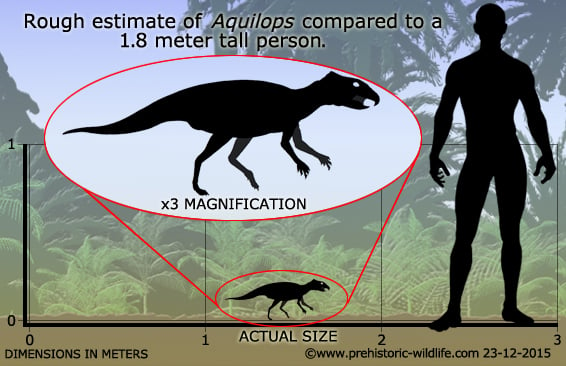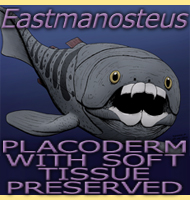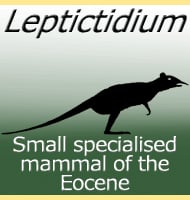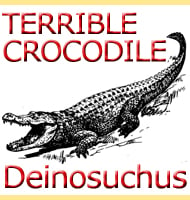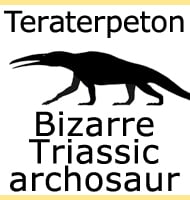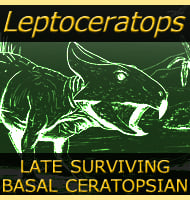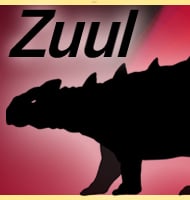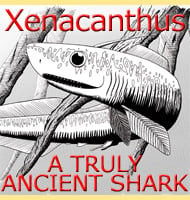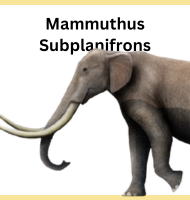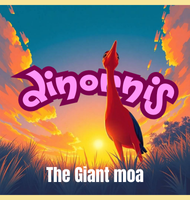In Depth
Initially thought to represent a new specimen of Zephyrosaurus, the small partial skull of the holotype was soon realised to be a whole new genus of small ceratopsian dinosaur. Like most primitive ceratopsian dinosaurs, Aquilops was a fairly small dinosaur measuring just over half a meter in length. The name Aquilops means ‘eagle face’, and this was inspired by the way that the beak curves downwards in a manner similar to an eagles. In eagles this hooked shape allows them to tear off strips of meat from their prey, but ceratopsian dinosaurs like Aquilops were almost certainly exclusive herbivores. For certain, the dentition of Aquilops matches that of known plant eating dinosaurs.
Further Reading
- A ceratopsian dinosaur from the Lower Cretaceous of western North America, and the biogeography of Neoceratopsia. - PLoS ONE 9(12):e11205:15-18. - A. A. Farke, W. D. Maxwell, R. L. Cifelli & M. J. Wedel - 2014.
